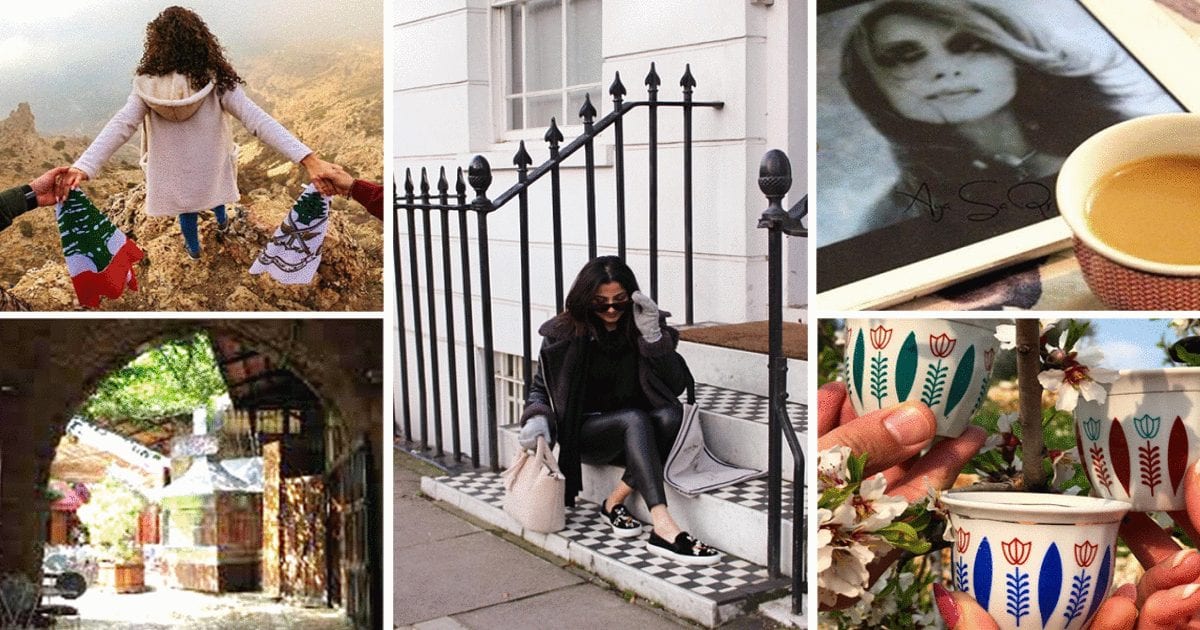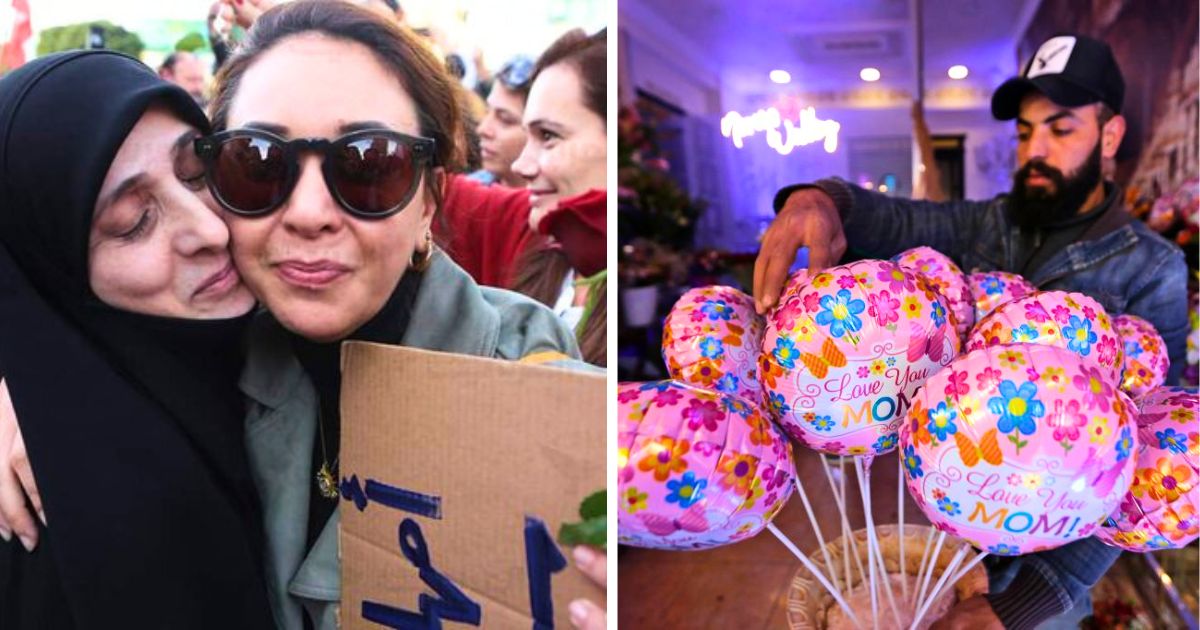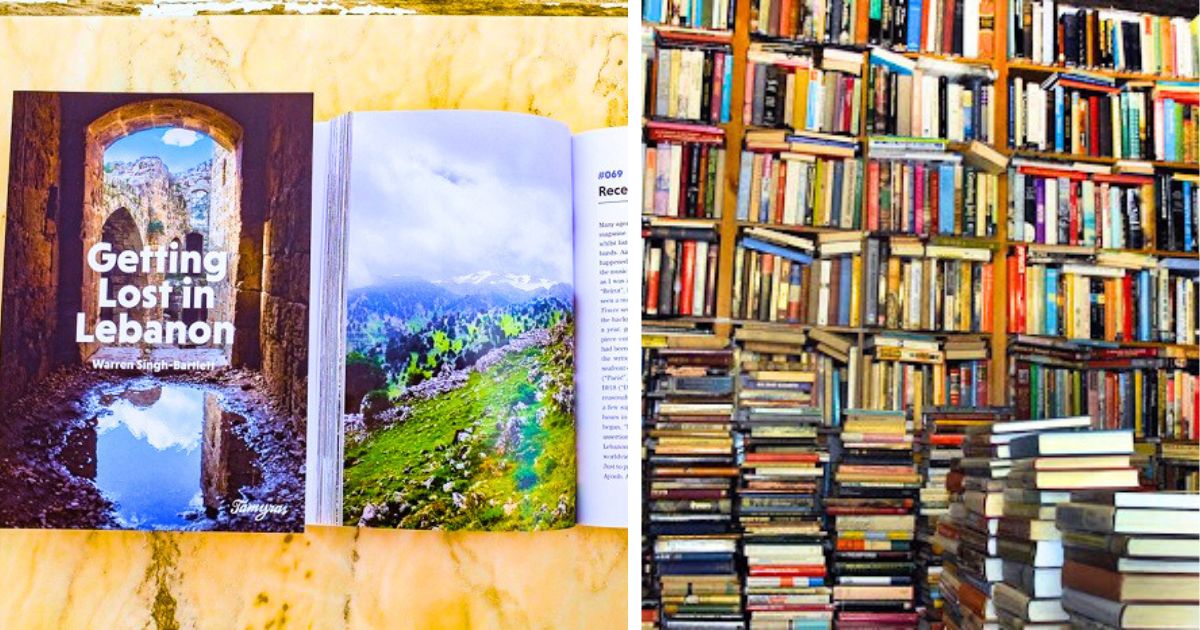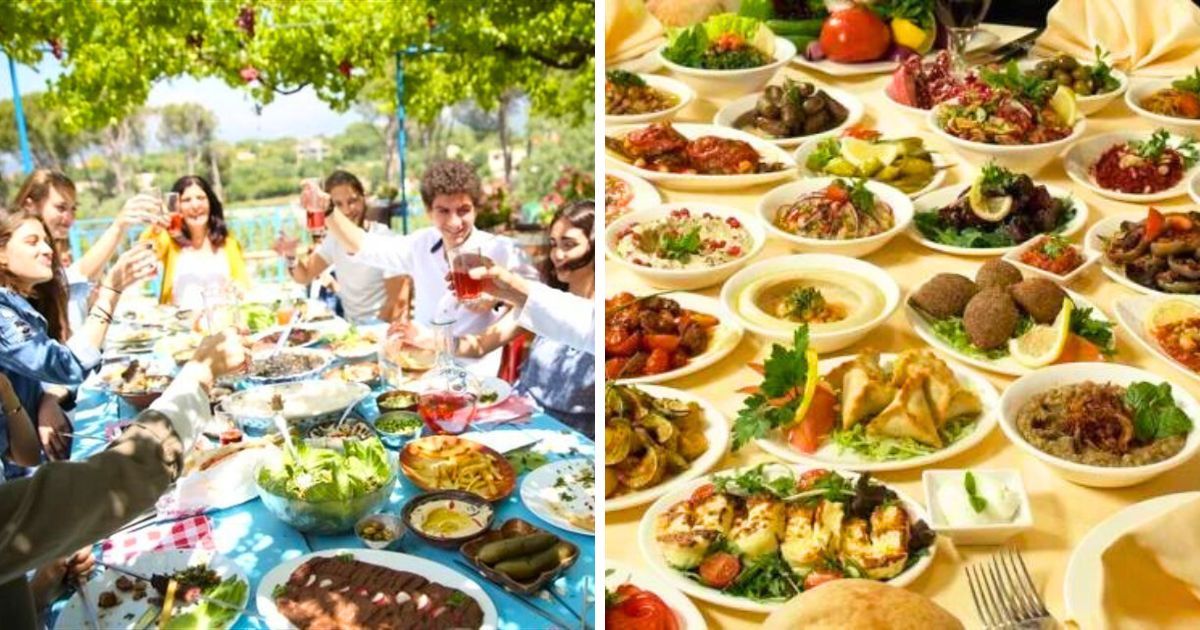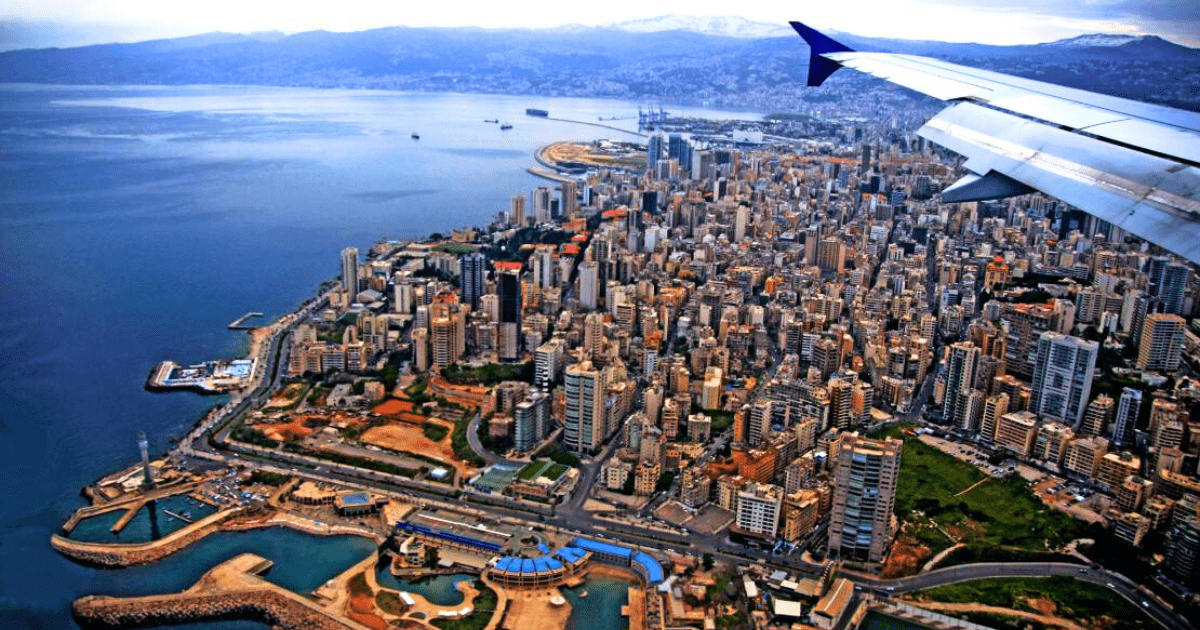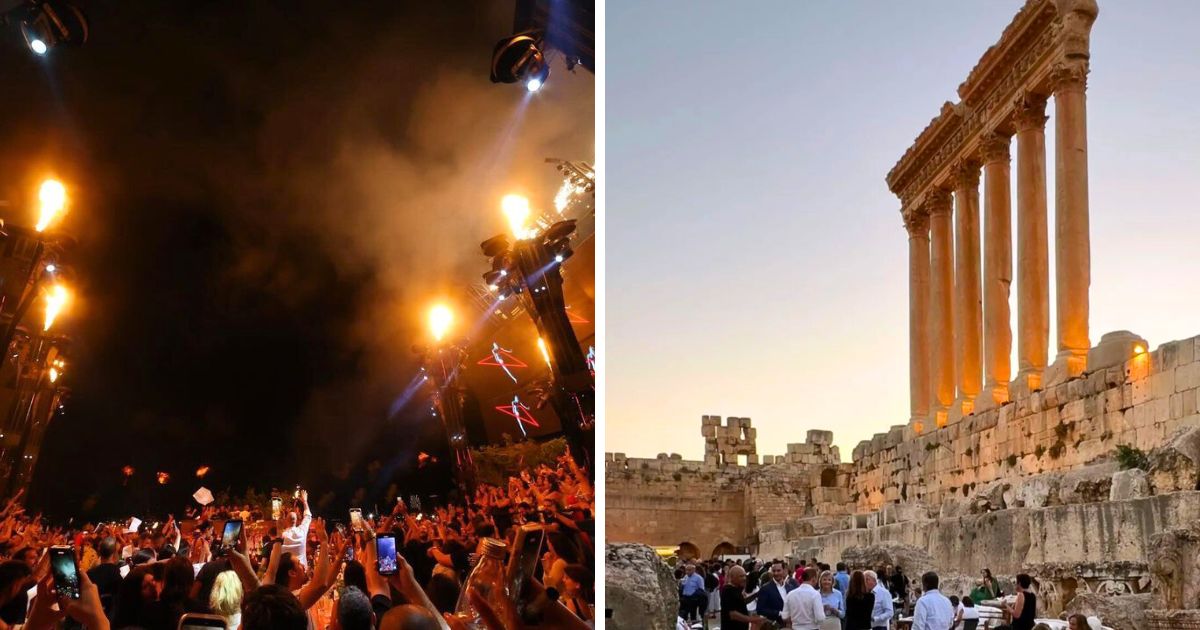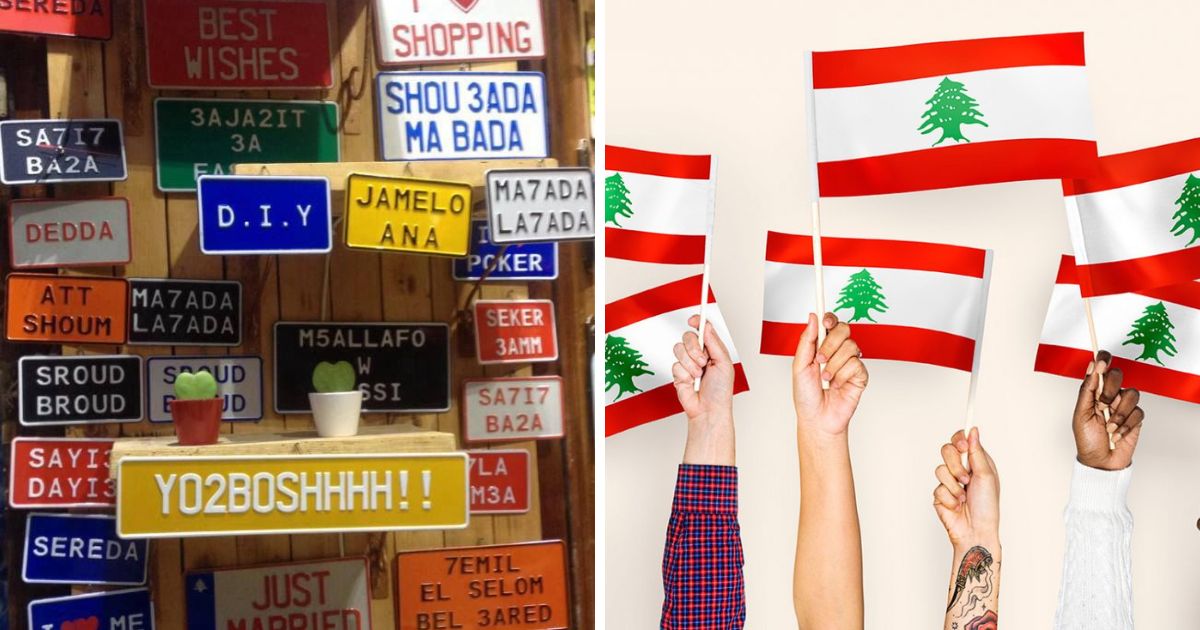It is widely known that every culture has its proper customs that no-one but its own people understand. When it comes to Lebanon, nothing beats some of the somehow peculiar customs that we adhere to. Let’s have a look at some of the most popular in town that only we Lebanese understand.
#1 Tuning in to Fairouz from early morning
For decades, most Lebanese people, if not all, have taken the habit to kick start their day with the angelic voice of our legendary singer Fairouz. It is her voice most families wake up to, and it is her songs that chaperon our first cup of coffee of the day. Don’t ask me why. It has long become a soothing morning ritual most of us Lebanese are bound to.
#2 Adhering to trilingual expressions
It is certainly a Lebanese common habit to express ourselves in three languages simultaneously, mixing English, French, and Lebanese sentences in our dialogue and mixing words of each in one sentence.
If you are not Lebanese and you happen to encounter one of us, there is a huge chance you get greeted with an expression like: “Hi! Kifak? Ca Va?” which is our trilingual greeting of “Hi! How are you? Good?”
You might wonder if that is the outcome of our trilingual education or the influence of both the past French Mandate of Lebanon and the globalization of recent years. I think it is all of that combined.
We have simply adopted many foreign words and made them part of our colloquial custom.
#3 Making unannounced visits
A custom of ours that still surprises even us is the unexpected visits of people showing up at our doorsteps with the joviality of the expected. If you are Lebanese, you know the drill.
It is your neighbor bringing along the hot coffee pot for a sebhieh, or a couple of relatives taking a break from their shopping spree in your area, or a group of friends dropping by for a coffee, or an acquaintance you haven’t seen in months coming down the mountain to the city, and feeling a must of courtesy to pay you a visit.
You can only understand that custom of ours if you are Lebanese and always appreciate the love behind those unexpected visits. And you do, even if you get caught early morning in your pajamas, or you get to cancel your planned outing, or you rush to postpone your long-awaited dental appointment.
That’s the Lebanese love …without boundaries; a reflection of our strong sense of community.
#4 Gathering for hours around a meal
Food is very much part of our culture and traditions. Our related customs are many, from seasonal to religious occasions and holidays. However, there is one, in particular, that always seems incomprehensible to our non-Lebanese friends and guests:
Our love for food matches our love for socializing, and we tend to merge them for hours. We do insist to enjoy to the most our friends and families along with our mouthwatering meals.
Those meal gatherings of ours, especially on Sundays and holidays, at home or in restaurants, are an old custom we cherish. The table set for 15-20 people would be overloaded with different types of food that could feed five times the number of guests, and no one budges for hours, eating, laughing, savoring, chitchatting, drinking, and more eating.
We, Lebanese, are food lovers and life lovers, and we don’t shy away from that in our gatherings!
#5 Making politics our daily bread
In most countries, politics is a highly sensitive topic. People make it a point to avoid discussing it beyond their close circle. In Lebanon, we insist on doing the opposite.
We make it a point to initiate the political topic, discussing it, analyzing it, and sharing with passion our point of views. Kind of stating our personal ‘expertise’ in the matter…. and that is with whomever we are and wherever we are.
We love it and hate it, we enjoy it and dread it, but we can’t seem to do without it. You hear it everywhere; in gatherings, in the shops, at the cashiers, at the gas stations, in the schools… Even the 10-year-old Lebanese kids have their own political beliefs and opinions.
It is a weird custom of ours to include politics in our daily life and in all our conversations. Very rare do we miss it right after the “hello, how are you and your family?” A precarious yet exciting habit we all seem addicted to.
